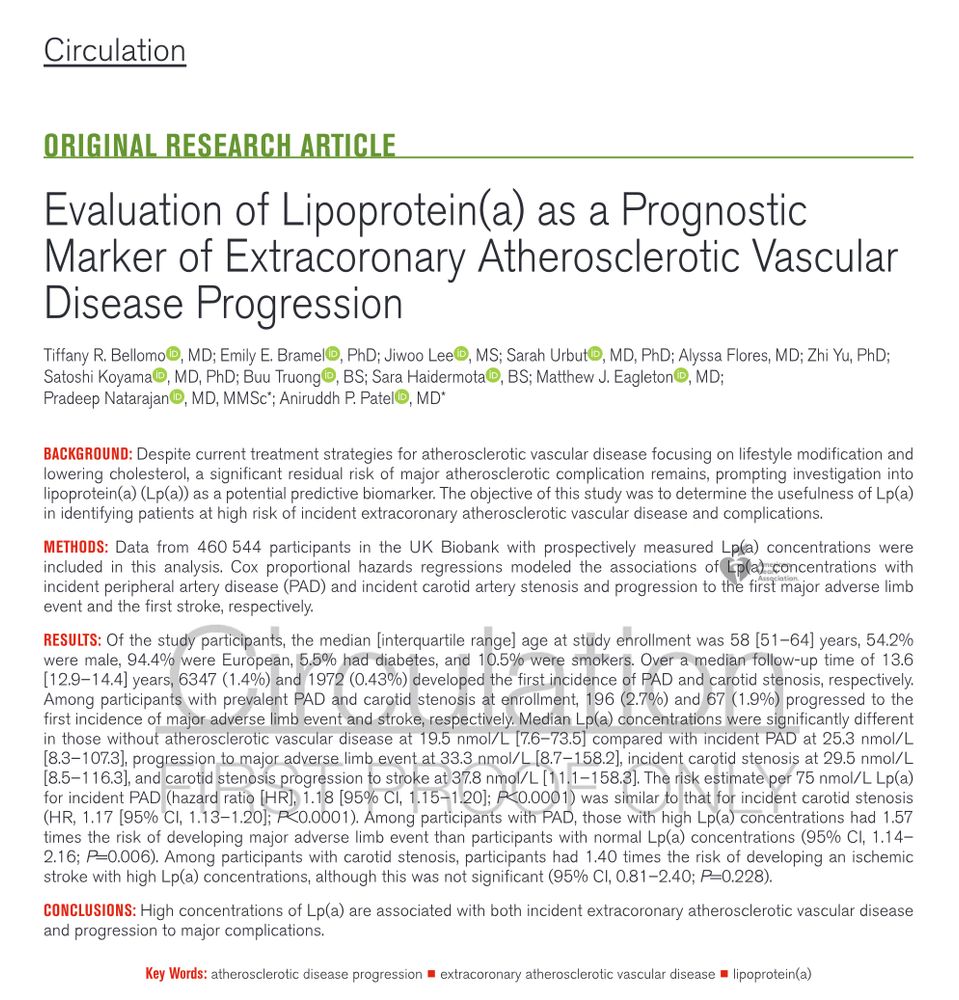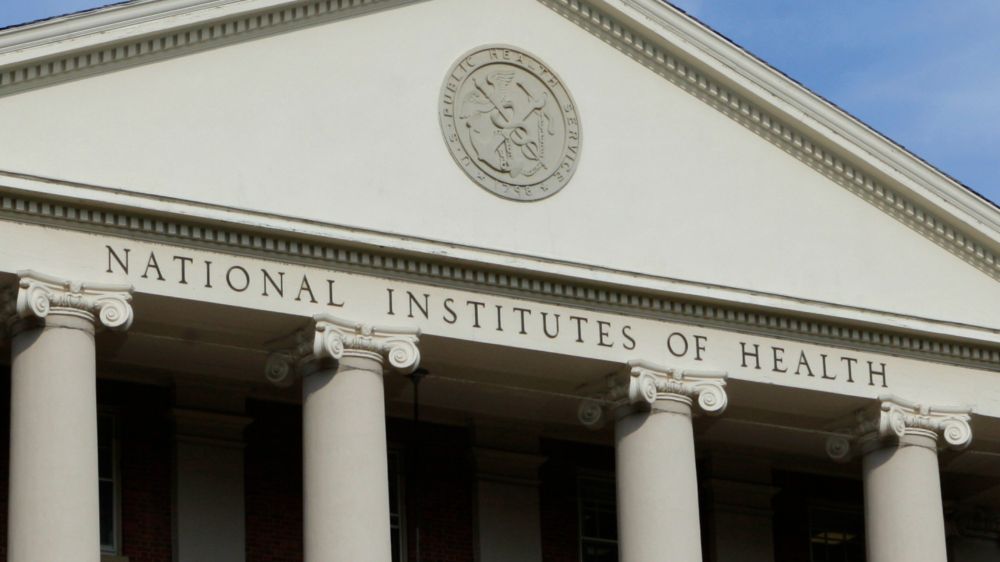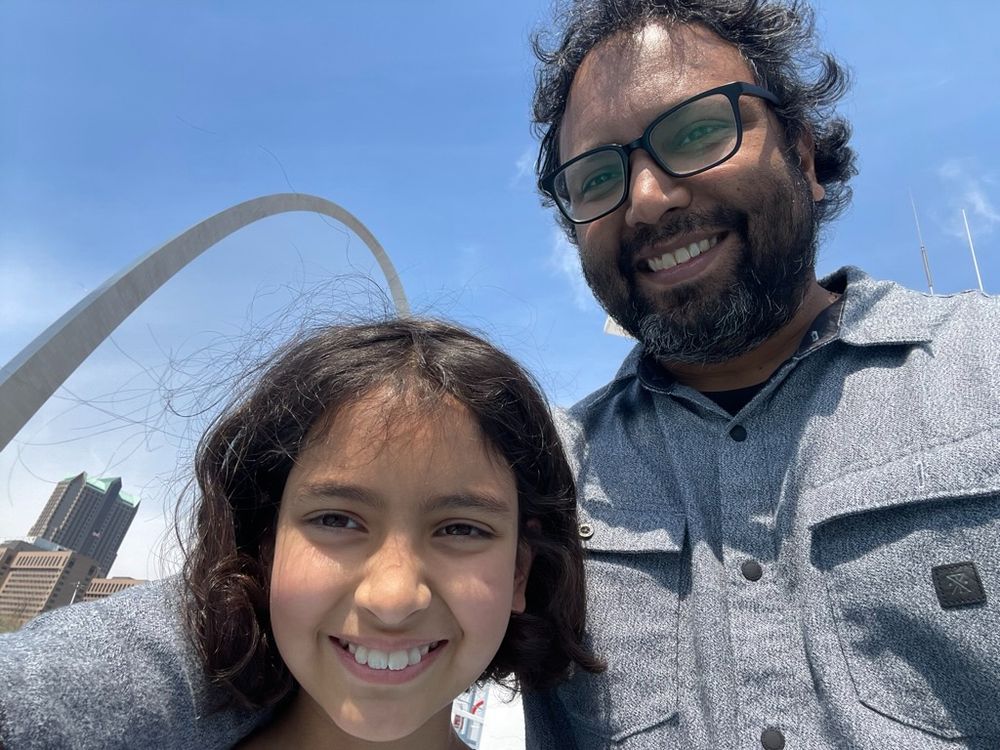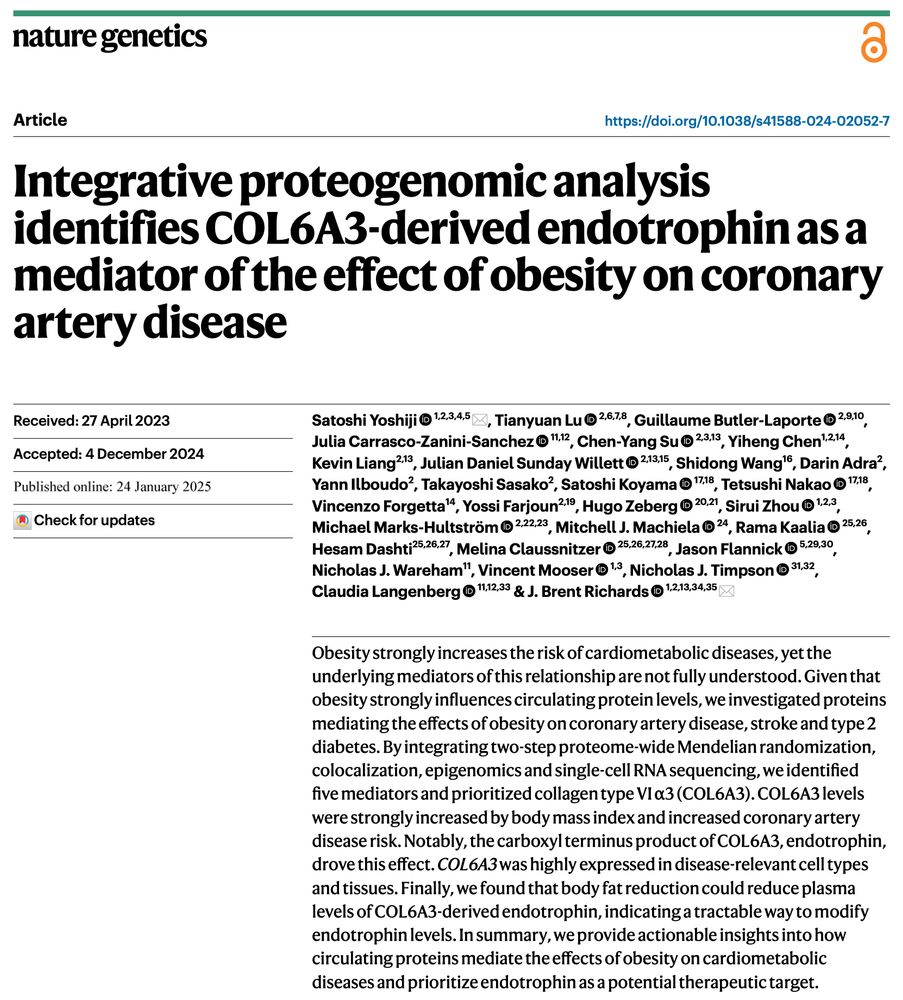Satoshi Koyama
@skoyama.bsky.social
290 followers
94 following
23 posts
Assistant Director of Bioinformatics | MGB Personalized Medicine
Investigator, Cardiovascular Research Center | Massachusetts General Hospital
Member of Faculty | Harvard Medical School
Interested in Cardiovascular Genetics and Personalized Medicine 🧬👨💻
Posts
Media
Videos
Starter Packs
Pinned
Satoshi Koyama
@skoyama.bsky.social
· Jan 15

Genetic Predisposition to LDL-C and Incident Type 2 Diabetes
This cohort study uses whole-exome sequencing, genome-wide genotyping, baseline lipid levels, and incident events to assess the association of genetic predisposition to low-density lipoprotein cholest...
jamanetwork.com
Reposted by Satoshi Koyama
Reposted by Satoshi Koyama
Reposted by Satoshi Koyama
Satoshi Koyama
@skoyama.bsky.social
· Apr 18

Functional SNPs in the lymphotoxin-α gene that are associated with susceptibility to myocardial infarction - Nature Genetics
Nature Genetics - Functional SNPs in the lymphotoxin-α gene that are associated with susceptibility to myocardial infarction
www.nature.com
Reposted by Satoshi Koyama
Matt Sampson
@kidneyomicsamps.bsky.social
· Feb 23
Reposted by Satoshi Koyama
Reposted by Satoshi Koyama
Satoshi Koyama
@skoyama.bsky.social
· Jan 24
Satoshi Koyama
@skoyama.bsky.social
· Jan 15
Satoshi Koyama
@skoyama.bsky.social
· Jan 15
Satoshi Koyama
@skoyama.bsky.social
· Jan 15
Satoshi Koyama
@skoyama.bsky.social
· Jan 15
Satoshi Koyama
@skoyama.bsky.social
· Jan 15











